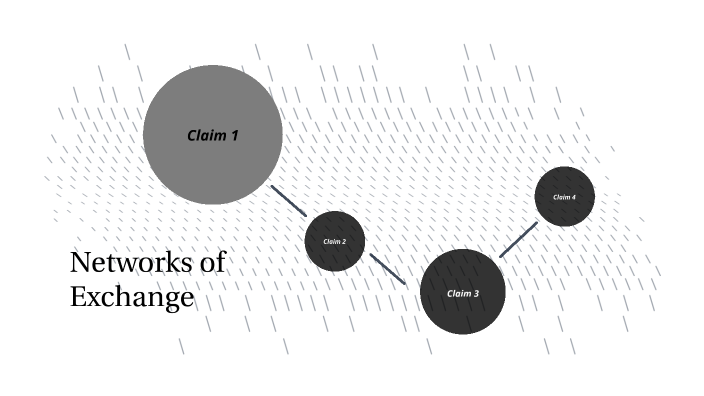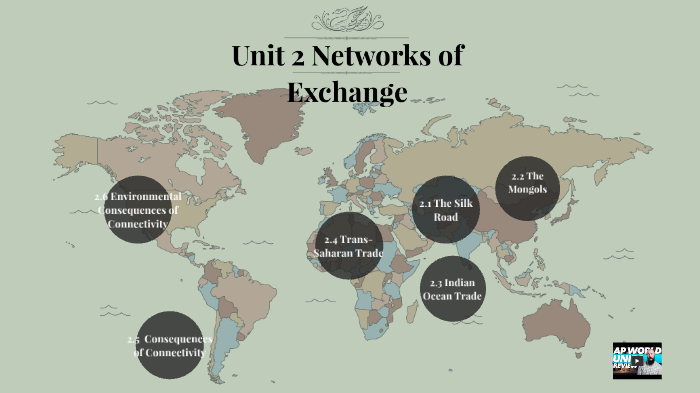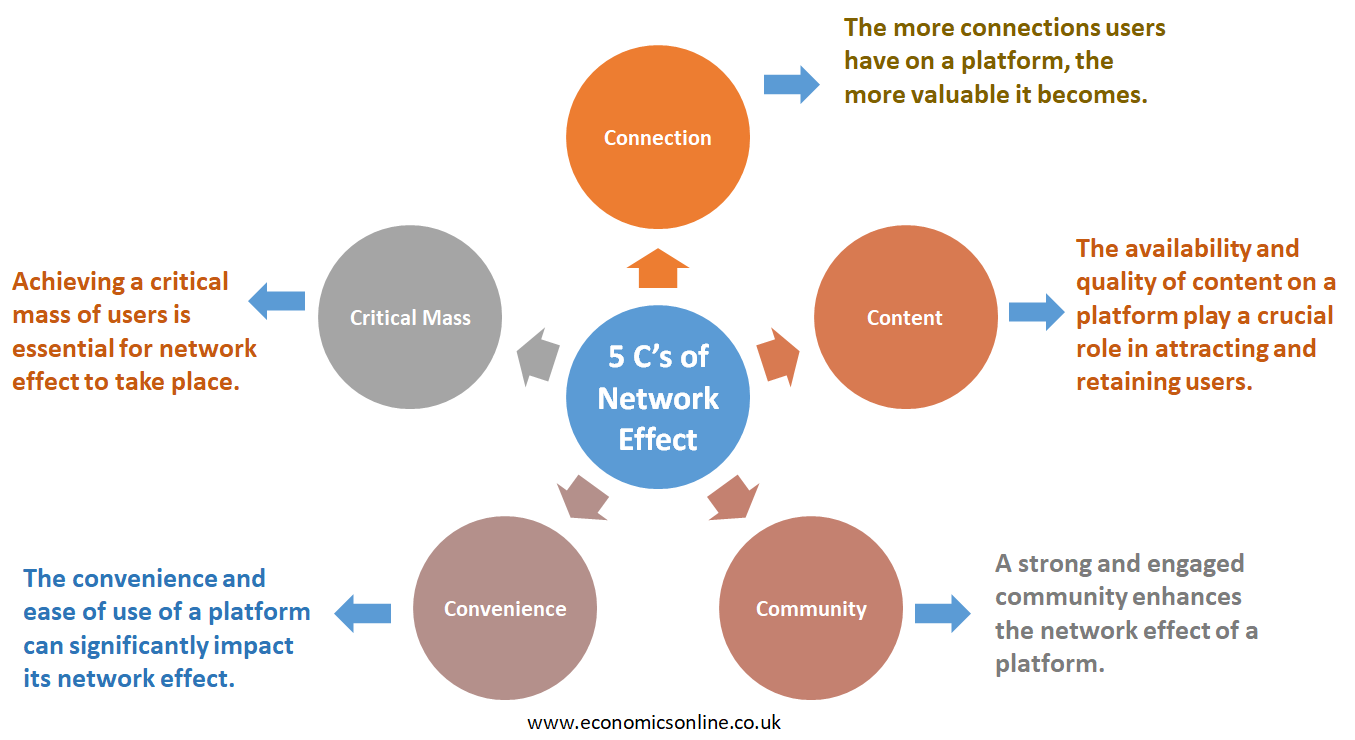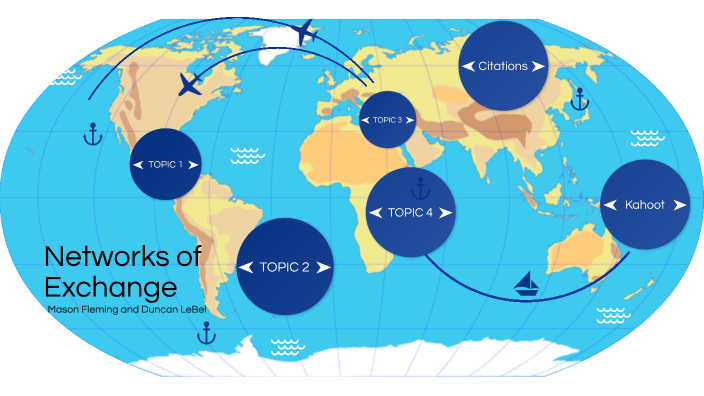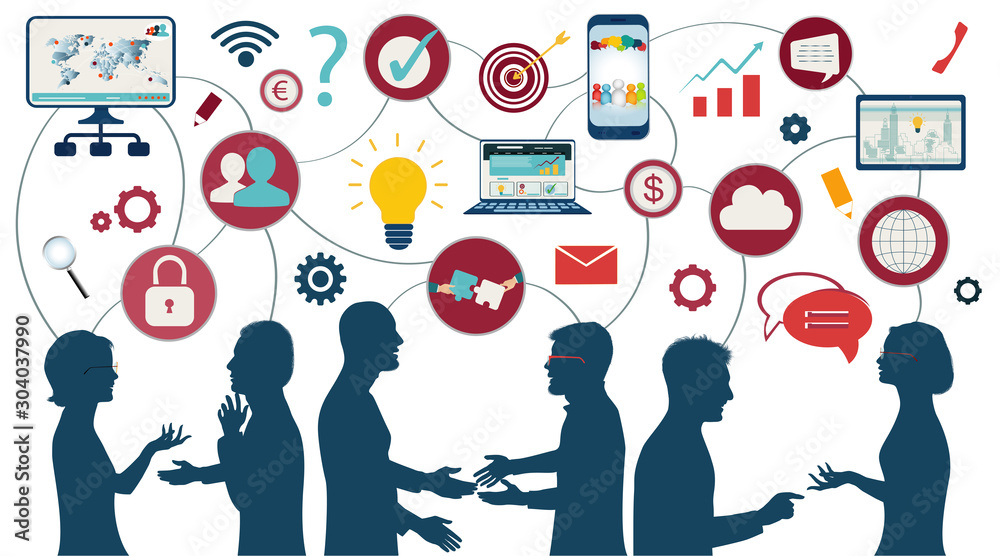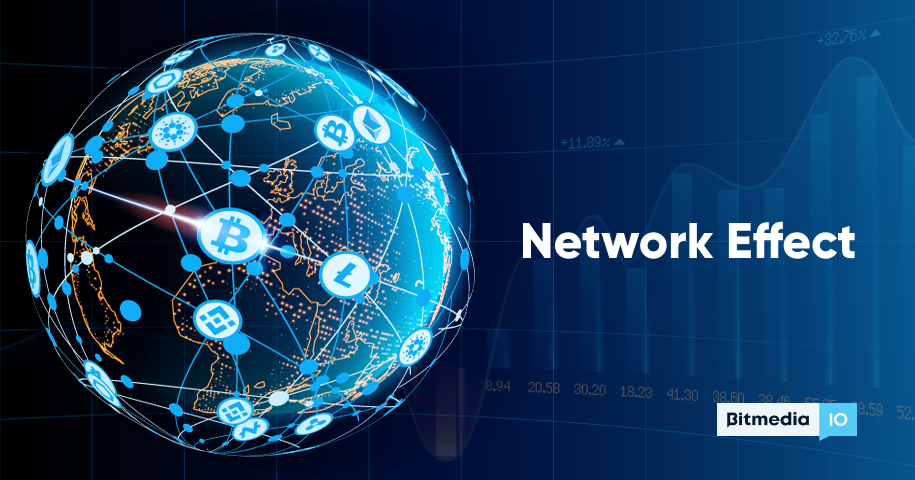Intellectual Effects Of Networks Of Exchange
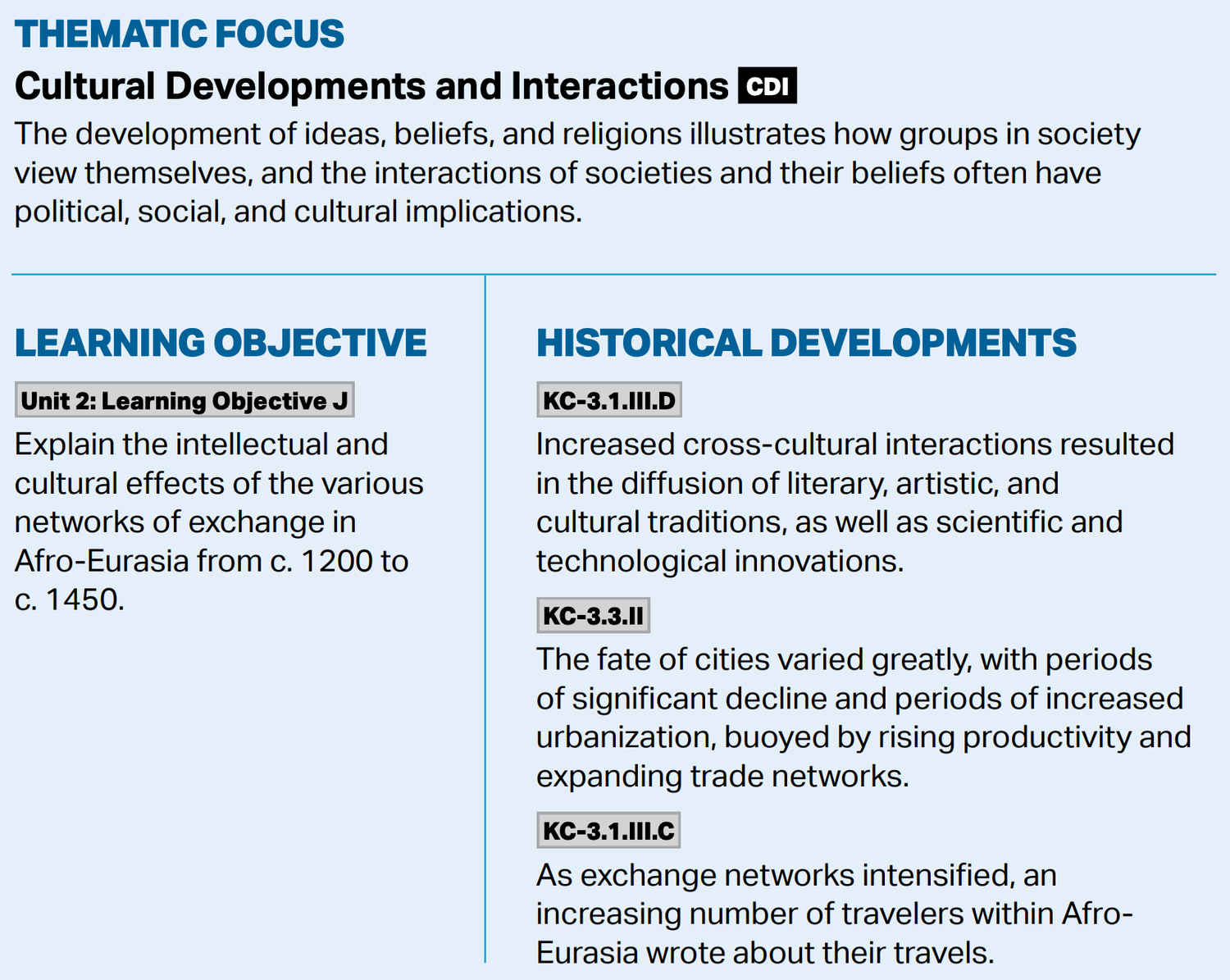
The pervasive networks of exchange that define the modern era – encompassing everything from global trade and scientific collaboration to social media and cultural diffusion – are reshaping intellectual landscapes in profound and multifaceted ways. These interconnected systems, while fostering innovation and broadening perspectives, also present complex challenges to critical thinking, knowledge validation, and the very nature of intellectual authority.
At the heart of this transformation lies a crucial question: How do these intricate networks of exchange affect the way we think, learn, and understand the world around us? This article will examine the intellectual consequences, exploring both the benefits and drawbacks of a hyper-connected world.
The Rise of Collaborative Knowledge Creation
The most significant impact is the acceleration of collaborative knowledge creation. Online platforms and international research partnerships facilitate the rapid sharing of information and ideas, leading to breakthroughs that would have been unimaginable in previous eras.
Consider the Human Genome Project, a landmark achievement made possible by a global network of scientists pooling resources and expertise. Similarly, open-source software development exemplifies how distributed collaboration can generate powerful and innovative tools.
These networked collaborations are not confined to the scientific realm. Artists, writers, and musicians are increasingly using online platforms to collaborate and create new forms of expression.
Broadening Perspectives and Challenging Established Norms
Networks of exchange expose individuals to a wider range of perspectives and ideas, fostering intellectual curiosity and challenging established norms. Through social media, online forums, and international travel, people encounter diverse viewpoints and engage in discussions that can broaden their understanding of the world.
This increased exposure can lead to a greater appreciation for cultural diversity and a more nuanced understanding of complex social issues. However, this process is not without its challenges.
The Perils of Information Overload and Misinformation
The very abundance of information available through these networks can be overwhelming, leading to information overload and making it difficult to discern credible sources from misinformation. The proliferation of fake news and conspiracy theories highlights the dangers of unchecked information flow.
The algorithms that govern social media platforms can also create echo chambers, reinforcing existing beliefs and limiting exposure to dissenting viewpoints. This can lead to intellectual polarization and hinder productive dialogue.
Dr. Emily Carter, a cognitive scientist at the University of California, Berkeley, notes that "the human brain is not naturally equipped to process the sheer volume of information available online. We need to develop critical thinking skills and strategies for evaluating the credibility of sources."
Shifting Intellectual Authority and the Rise of Citizen Scientists
Networks of exchange are also challenging traditional notions of intellectual authority. The rise of citizen scientists and online communities dedicated to specific areas of knowledge empowers individuals to contribute to research and challenge established experts.
Platforms like Wikipedia, while not without their flaws, demonstrate the potential of collective intelligence to generate and disseminate knowledge on a vast scale.
However, this shift in authority also raises concerns about the validity and reliability of information. Without proper training and oversight, citizen scientists may make mistakes or draw incorrect conclusions.
The Importance of Critical Thinking and Digital Literacy
In this era of interconnected networks, critical thinking and digital literacy are more important than ever. Individuals must be able to evaluate sources, identify bias, and distinguish between credible information and misinformation.
Educational institutions have a crucial role to play in fostering these skills. Curricula need to adapt to incorporate digital literacy training and encourage students to engage critically with online content.
Furthermore, media literacy initiatives can empower the public to become more informed consumers of information.
The Future of Intellectual Exchange
The intellectual effects of networks of exchange are likely to become even more pronounced in the years to come. As technology continues to evolve and new platforms emerge, the way we think, learn, and interact with information will continue to be transformed.
Navigating this complex landscape will require a commitment to critical thinking, digital literacy, and a willingness to engage with diverse perspectives. Ultimately, the success of these networks in fostering intellectual growth will depend on our ability to harness their power while mitigating their risks.
The challenge lies in fostering an environment where knowledge can flourish while safeguarding against the spread of misinformation and the erosion of critical thinking skills.
